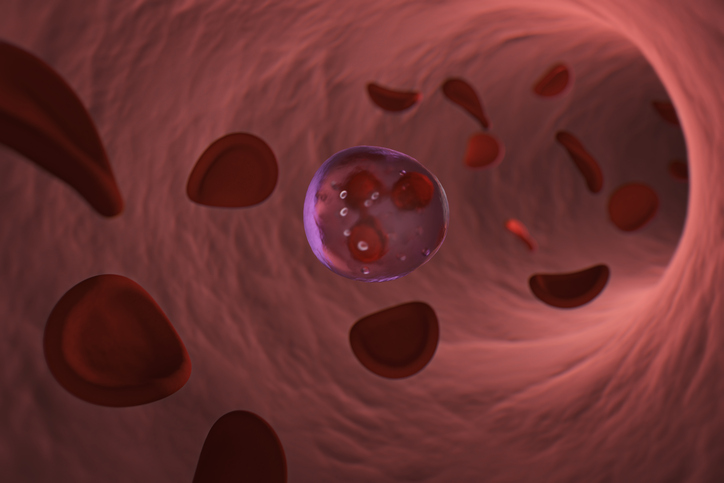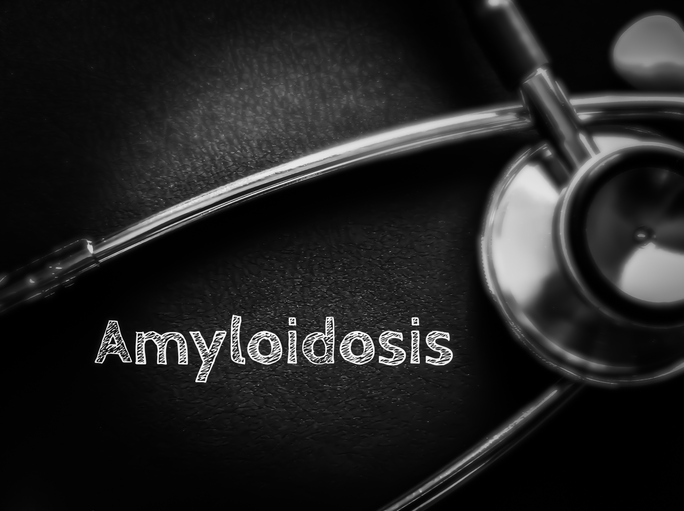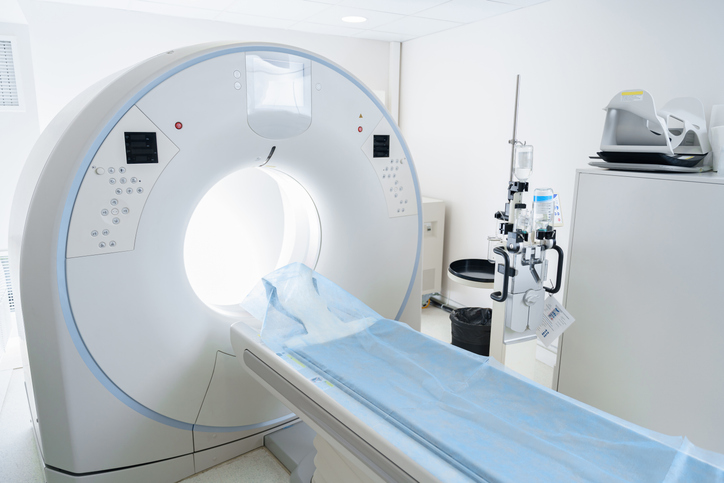
This week’s edition features heart-friendly new findings for regular consumers of some popular foods and perhaps predictable bad heart-related news for consumers of certain controlled substances.
Chili Pepper Consumption Reduces Risk for CV Death
This longitudinal study, published in the Journal of the American College of Cardiology, consisted of more than 22,000 citizens of the Molise region of Italy. Participants had their health status monitored for an average period of about eight years. Researchers also compared their eating habits. Chili pepper intake was estimated by the European Prospective Investigation Into Cancer (EPIC) Food Frequency Questionnaire. Participants intake was categorized as none/rare, up to two times per week, between three and four times per week, and more than four times per week. Regular consumers of chili peppers (more than 4 times per week) had lower multivariable hazard ratios for all-cause (HR=0.77; 95% CI, 0.66 to 0.90) and cardiovascular disease mortality (HR=0.66; 95% CI, 0.50 to 0.86) compared with no/rare intake.
https://www.docwirenews.com/docwire-pick/cardiology-picks/chili-peppers-cardiovascular-disease-mortality-risk/
AHA Scientific Advisory OKs Intake of Daily Egg for Heart Health
A new Scientific Advisory from the American Heart Association noted that there remains no numeric cap on the cholesterol levels from consumed food. But perhaps the most interesting part of the report the note that in general, egg intake was not associated with an increased risk for cardiovascular disease in the studies analyzed for the Advisory. The AHA notes that it is possible to eat a whole egg (or the equivalent, such as five shrimp) daily as part of a heart-healthy diet. The AHA said in the release that it continues to support the 2019 American College of Cardiology (ACC)/AHA Guidelines on the Primary Prevention of Cardiovascular Disease for the reduction of reduced dietary cholesterol intake for overall heart health.
https://www.docwirenews.com/docwire-pick/cardiology-picks/egg-cholesterol-intake-cardiovascular-risk/
Heavy Alcohol Consumption Linked with Biomarkers for Cardiac Tissue Damage
According to the results of this study in a Russian population, the sub-sample representing participants with the most extreme drinking patterns had the highest levels of three key blood biomarkers for cardiac tissue damage when compared with nondrinkers and the general population. High-sensitivity cardiac troponin T levels were elevated by 10.3% (95% CI, 3.7 to 17.4), NT-proBNP levels by 46.7% (95% CI, 26.8 to 69.8), and hsCRP by 69.2% (95% CI, 3.4 to 67.2) compared with nonproblem drinkers. Two of the biomarkers (NT-proBNP and hsCRP) increased in intensity as the intensity of alcohol exposure increased (trend test, P<0.001).
https://www.docwirenews.com/docwire-pick/cardiology-picks/alcohol-consumption-cardiac-biomarker-risk/
Study: Cannabis Use May Cause Structural Heart Changes
This study of just over 3,400 individuals suggested that regular cannabis use was associated with larger indexed left ventricular end diastolic volume (+5.31 ml/m2; 95% CI, 1.4 to 9.3 ml/m2; P=0.008), end systolic volume (+3.3 ml/m2; 95% CI, 0.78 to 5.83 ml/m2; P=0.010), and impaired global circumferential strain (−0.78; 95% CI: −1.47 to −0.09; P=0.026) compared with rare/no cannabis use. “We believe this is the first study to systematically report changes in heart structure and function associated with recreational cannabis using cardiac MRI, which is a very sensitive imaging tool and the current reference standard for assessing cardiac chambers,” a researcher said in a press release.
https://www.docwirenews.com/docwire-pick/cardiology-picks/cannabis-use-may-cause-structural-changes-to-the-heart/







 © 2025 Mashup Media, LLC, a Formedics Property. All Rights Reserved.
© 2025 Mashup Media, LLC, a Formedics Property. All Rights Reserved.